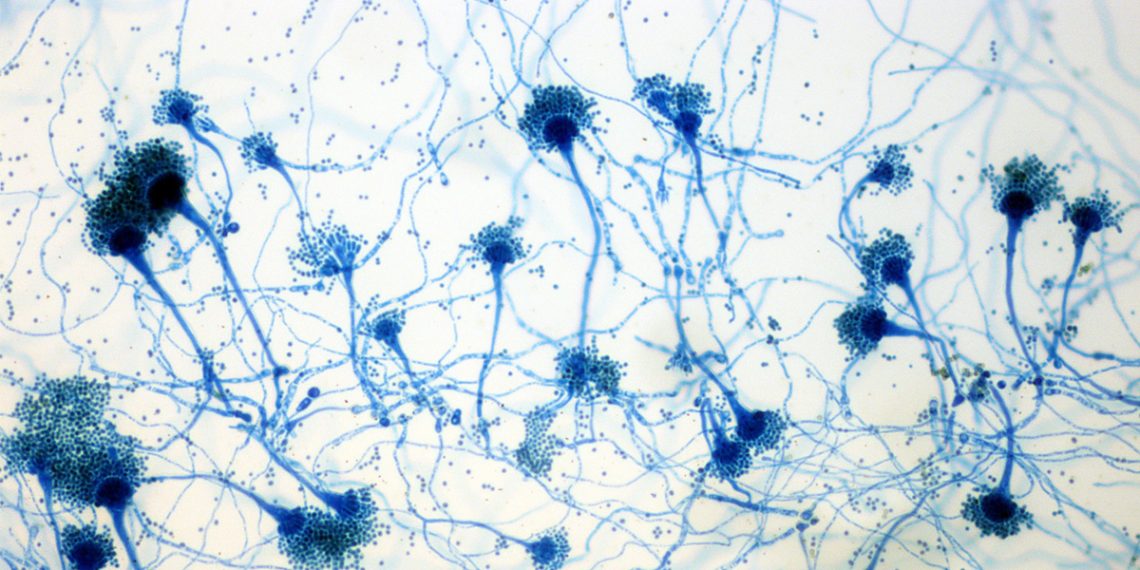Causes and Risk Factors of Aspergillosis
Aspergillosis is caused by inhaling airborne spores of the Aspergillus fungus. In healthy people, the immune system destroys the spores before they cause harm. But in vulnerable individuals, the spores may colonise the airways or spread into lung tissue and the bloodstream. Learn more about the causes and risk factors of aspergillosis below.
Causes by Type:
- ABPA (Allergic Reaction)
- Seen in people with asthma or cystic fibrosis
- Immune system overreacts to Aspergillus in the airways
- Aspergilloma
- Occurs when the fungus grows inside a pre-existing lung cavity, often left by tuberculosis (TB), sarcoidosis, or abscesses
- Chronic Pulmonary Aspergillosis (CPA)
- Slow-progressing infection over months or years
- Causes lung damage and weight loss
- Invasive Aspergillosis
- Fungus spreads into lung tissue or bloodstream
- Seen in people with leukaemia, bone marrow transplants, organ transplants, or HIV/AIDS
Risk Factors:
- Weakened immune system
- Chronic lung conditions (e.g. TB, COPD, cystic fibrosis)
- High-dose corticosteroids or immunosuppressive drugs
- Cancer or chemotherapy
- Organ or stem cell transplants
- ICU hospitalisation, especially with ventilator use
In South Africa, post-TB lung cavities are a leading factor in aspergilloma and CPA cases. Hospitals also monitor invasive cases in oncology and transplant wards.
👉 [Next: Diagnosis of Aspergillosis]


